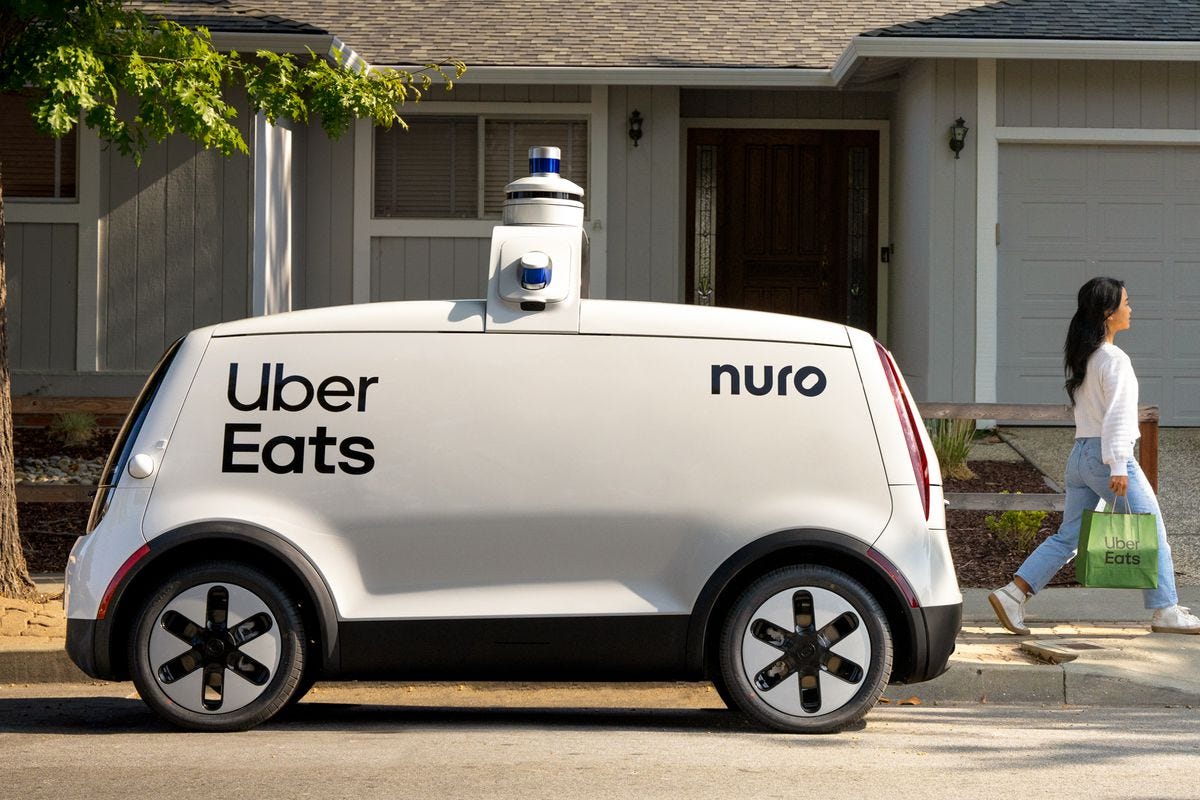Last Week in AI #184: Uber Eats to Deliver with Nuro Cars, AI helping students to cheat, Apple applies AI in health and accessibility, and more!
UberEats to test autonomous deliveries with Nuro this Fall, students increasingly rely on AI-assisted writing tools, Apple announces recent AI advances in health and accessibility
Top News
Uber Eats and Nuro sign a 10-year deal to do robot food delivery in California and Texas
UberEats signed a 10-year deal with Nuro to use Nuro’s driverless delivery cars, which are licensed to operate in Mountain View and Houston. Neither company has disclosed how many vehicles will be operative and how many customers they expect to serve. The Nur…



